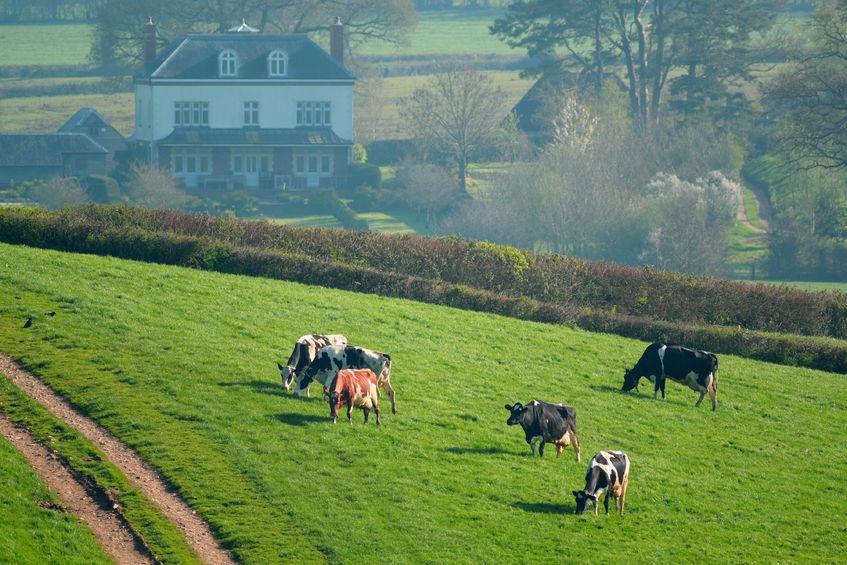
Northern Irish farmers have criticised the Department for Agriculture for using a 'sneaky, back door approach' to proposals looking at tackling ammonia.
The Ulster Farmers’ Union (UFU) has submitted its response to Northern Ireland's Department of Agriculture (DAERA) proposals on the future Nitrates Action Plan (NAP).
It has criticised the department for using a “sneaky, back door approach” and “taking liberties in the absence of government ministers” to slip ammonia measures into the proposals.
“DAERA must take a common sense approach. Including ammonia measures in NAP is nonsensical and counterproductive,” said UFU president, Ivor Ferguson.
“Work is already underway to create an Ammonia Action Plan, these measures are better discussed and consulted on as part of that process.”
The UFU said it is 'seriously concerned' about the majority of the proposed changes to NI’s current Nitrates Action Programme.
It says, if implemented, they will have a 'hugely detrimental' effect on local farm businesses and the agri-food industry as a whole.
Mr Ferguson added: “The suggestion to cover new outdoor slurry stores from 1 January 2020 and existing stores by 2022 is just one example of the totally unworkable proposals coming from DAERA.
“Ultimately, it will all add additional cost, paperwork and frustration to farm family businesses. This is not acceptable. It is vital that NI secures an approved Nitrates derogation but we must not cripple the industry in the process,” he said.
DAERA have also included a number of measures relating to ammonia in the proposals such as the covering of tanks, banning of urea and phasing out of splash plates.
However, the UFU said evidence shows catchment based approaches – working with local farmers and other partners – is the best way to achieve results.
